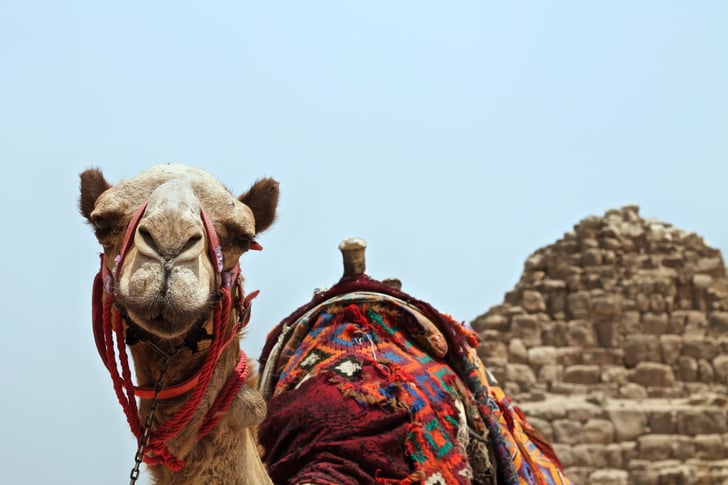Camels don t actually store water in their humps

Camels don’t actually store water in their humps.


Camels are fascinating animals known for their ability to survive in harsh desert environments. One popular belief about camels is that they store water in their humps, helping them endure long periods without drinking. However, this is a common misconception; camels don’t actually store water in their humps.
The humps of a camel are actually made up of fat stores. These humps serve as reservoirs of energy-rich fat that camels can rely on when food and water are scarce. During times of food scarcity or fasting, these fat stores are used as a source of energy to keep the camel going.
So, where does the notion of camels storing water in their humps come from? Well, camels are indeed capable of conserving water in their bodies more efficiently than most other mammals. They have several adaptations that enable them to survive in arid conditions. For instance, camels have a series of physiological and behavioral mechanisms to reduce water loss.
Their kidneys are highly efficient in retaining water, producing small and concentrated urine. Their long, slender legs and wide feet help them walk on hot sand without sinking, reducing the energy exertion that could lead to excessive fluid loss through sweating. Additionally, camels can tolerate high body temperatures and allow their body temperature to fluctuate, reducing the need for excessive water consumption.
Interestingly, the fat in a camel’s hump can be metabolized into water when needed. As the fat is processed, it releases water as a byproduct, providing a valuable source of hydration for the camel. However, this water production is a result of the breakdown of fat, not the storage of water in the humps.
It’s essential to dispel the myth that camels store water in their humps because this misconception can lead to misunderstandings about their survival abilities. Camels have evolved unique adaptations that enable them to thrive in arid regions, making them exceptional desert dwellers. Understanding the true purpose of their humps helps us appreciate the intricacies of their survival strategies.
In conclusion, camels don’t actually store water in their humps. Instead, their humps are comprised of fat stores that serve as an efficient energy supply during times of scarcity. Their ability to conserve water and utilize fat stores for energy allows them to survive in the challenging desert environment.
Source: www.livescience.com
Tags
Share
Related Posts
Quick Links
Legal Stuff

